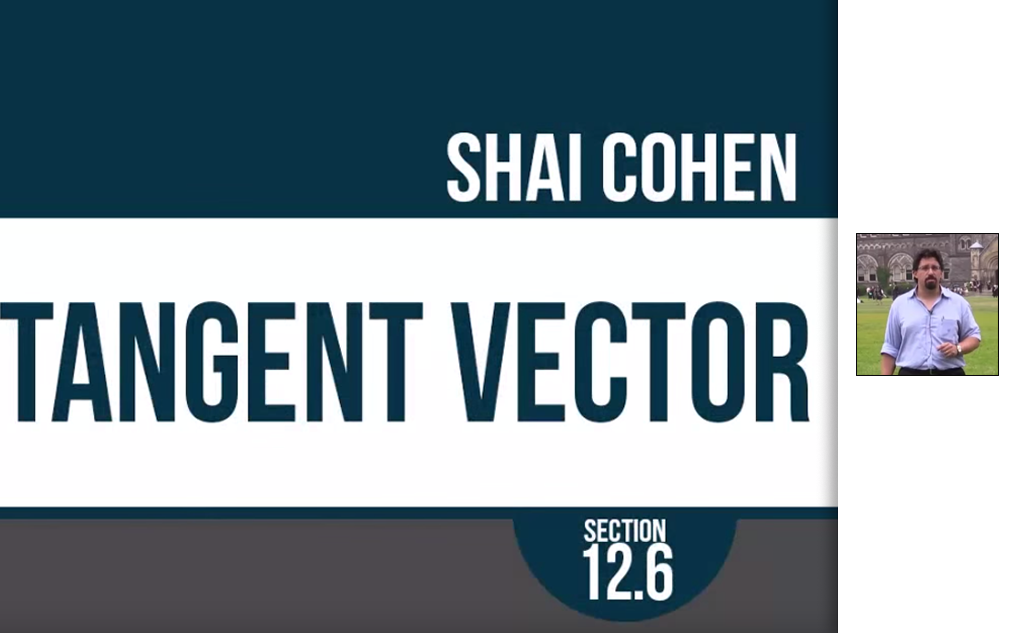Module Overview
This unit's material includes three very separate topics. We begin with numerical integration - another of the most important numerical methods we glance at in first year (together with Newton's method, linear approximation, and - soon - Taylor polynomials). The next section covers an interesting detail, looking at integrals that misbehave, either by having an unbounded integrand or an unbounded interval. Either way, the solution is to use limits. Finally, we begin to study differential equations, which are the basis for a tremendous amount of engineering.
Learning Outcomes
- Section 7.7: Dealing with functions, we find that a far greater quantity are integrable than are differentiable; however, the number of functions whose integral we can find is far smaller. Numerical integration fills in this gap for the purposes of applying integrals to real life. The methods we see in this section help us to estimate the value of integrals to whatever degree of precision we wish.
- Section 7.8: Improper integrals are those where either the function being integrated or the interval of integration is unbounded. Not surprisingly, we define these as limits. The hardest part of this section is to realize that there is little more to it beyond that statement.
- Section 8.1: The beginning of Chapter 8 marks the start of the second part of this course. The next major part will be sequences, series, and power series (Chapters 9 and 10) and the final part is parametric equations (Chapters 11 and 12). Although each part uses some of the material that precedes it, they will still seem to be quite distinct from each other. The overall effect can make the course feel disjointed, so be aware of it as we proceed.
PROJECT FILES
| Title | Author | Description |
|---|---|---|
|
|
Shai Cohen |

